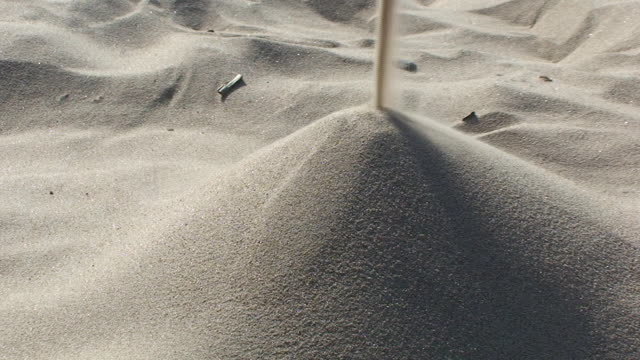Sorites paradoxTodaywe travel back to Ancient Greece to the times of Eubulides of Miletus, who isusu
Sorites paradoxTodaywe travel back to Ancient Greece to the times of Eubulides of Miletus, who isusually credited with ‘sorites paradox’, which goes like this.Picturea single grain of something—say, rice, wheat, or sand. Let’s go with sand.Start with one grain. Then add one grain at a time to your collection. Here’sthe paradox.Inour description, when does the collection of grains become a heap? It neverseems to. According to the language we used to describe the collection—through‘grain’—the sand always remains granular, no matter how many grains we add.Wecan work in reverse, too: if we start with a heap of sand and take one grainaway at a time, we are always left with a heap.Thus,howsoever we start in our description, sand always remains as either acollection of grains or a heap: it cannot change from one to the other. Intuitively,this doesn’t sit well: we ordinarily put so much trust into language—and thenit goes and lets us down like this!‘Heap’,then, is a ‘lazy term’; and, with it, sorites paradox exposes the vagueness oflanguage (whereas the last two paradoxes we discussed expose limitationsof mathematics and epistemology). Like ‘old’, ‘tall’, ‘bald’, ‘grey’, and manyother terms, ‘heap’ is used in predicates (e.g. ‘is a heap’ or ‘is heap-ish’).But in doing so we elicit the blurred boundaries of our descriptions—we aren’tdescribing anything properly!Toconclude, ‘sorites’ derives from ‘soros’ and translates from Greek to Englishas ‘heap’; but turning a description of grains of sand into a heap of sand, orvice versa, isn’t so easy a translation.Sonext time you describe something, TRY NOT TO BE SO LAZY and just say exactly how many grains there are! -- source link
Tumblr Blog : thehumanfront.tumblr.com
#philosophy#sorites paradox#language#contradiction#paradox#puzzle#ancient greece#eubulides#philosophy memes#philosophyblr#philoblr
